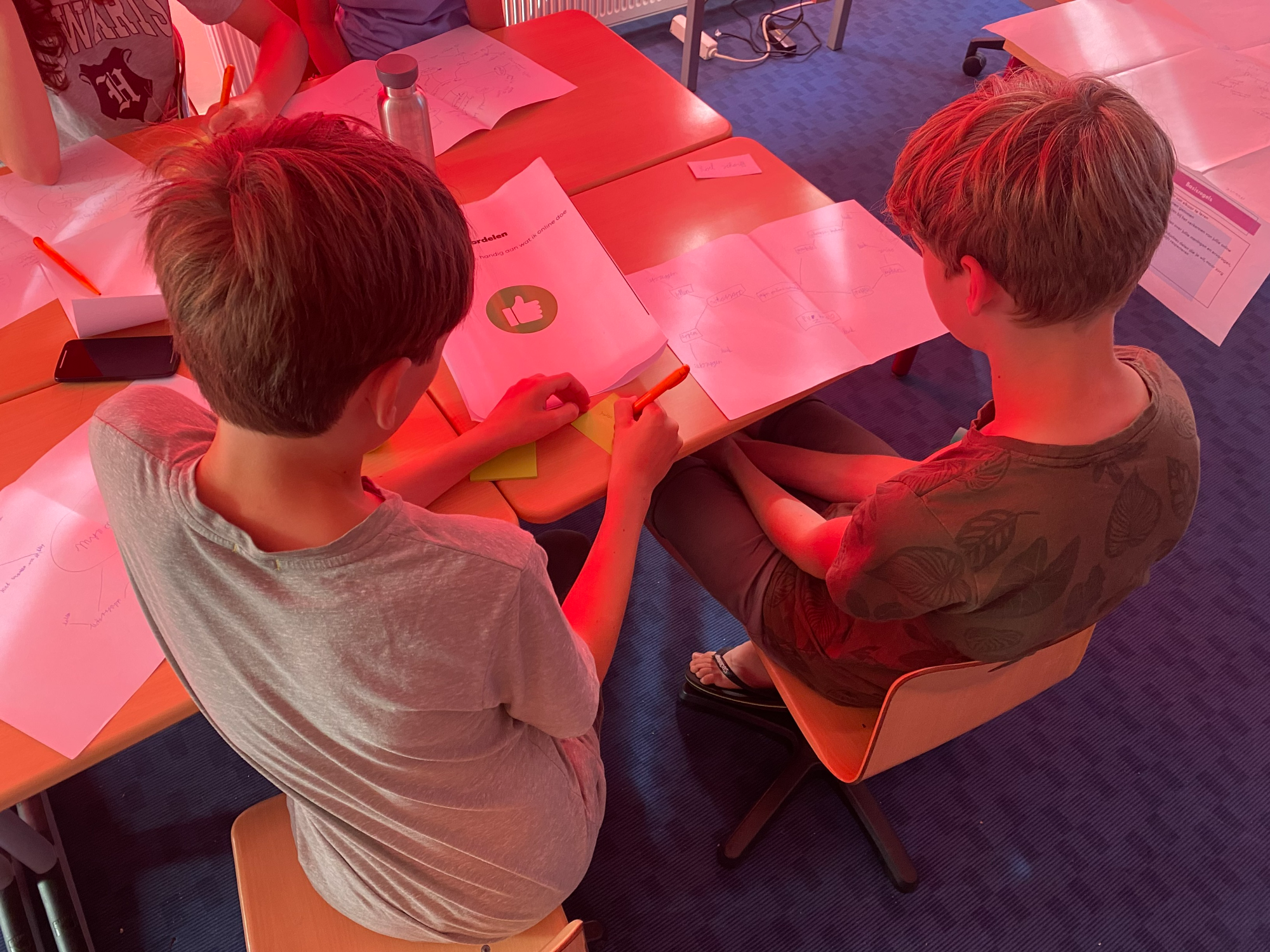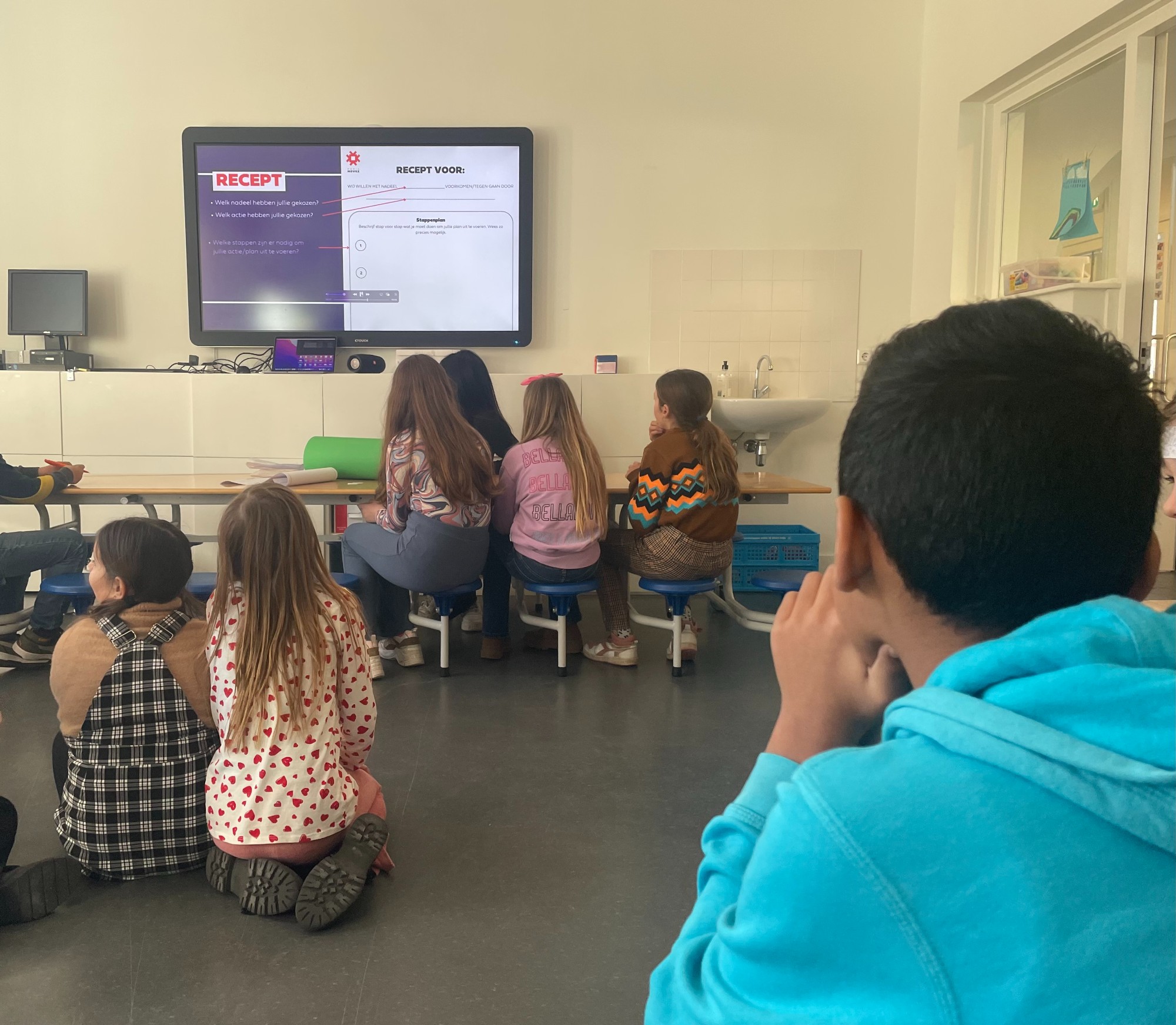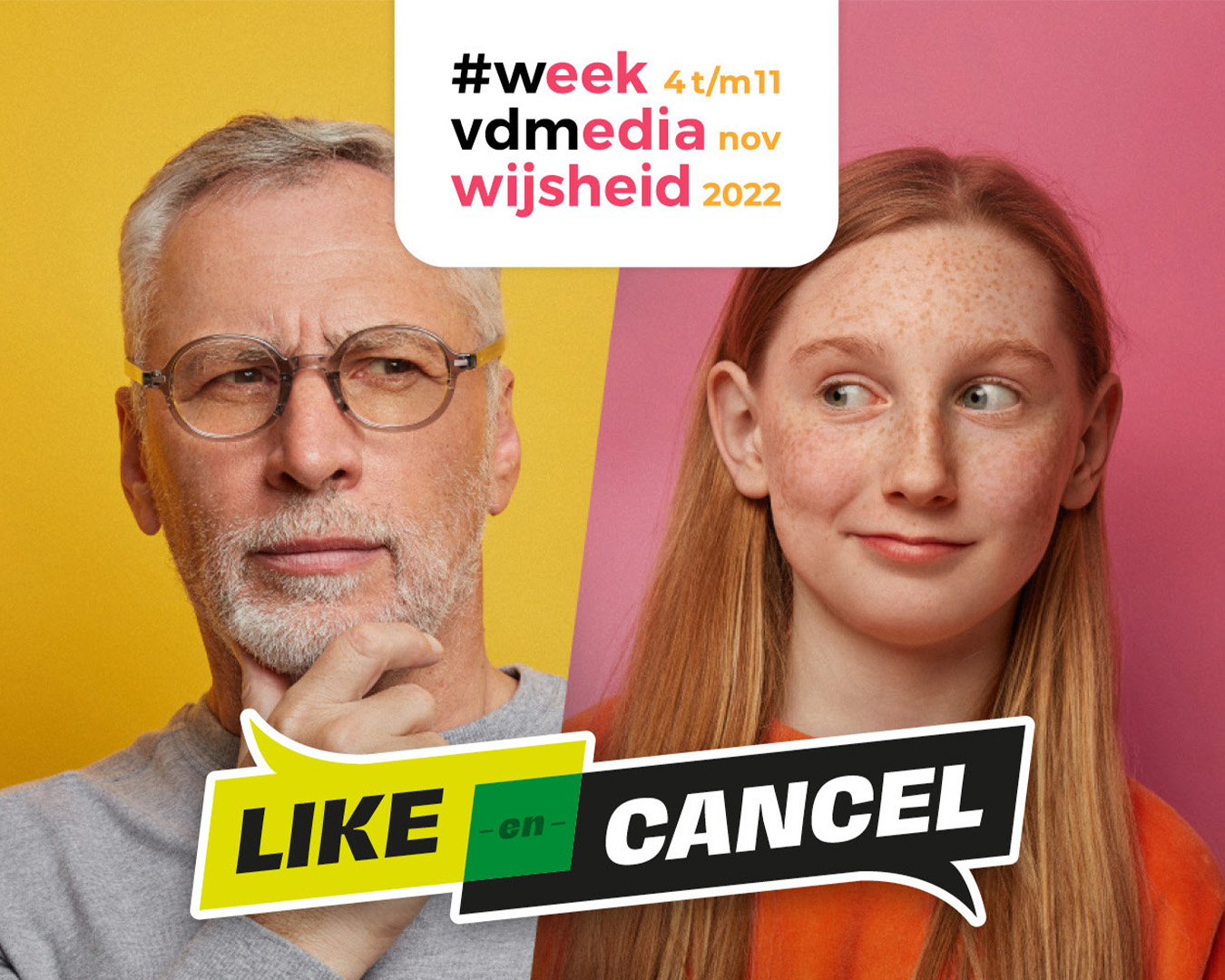Growing up in today's digital world, children and teenagers face both opportunities and potential risks to their well-being and safety. Exploring their online world, they can learn, connect with others, and discover new ideas. However, concerns arise regarding how excessive screen time, exposure to inappropriate content, and compromised privacy can affect children’s health and safety. To help children identify online threats and effectively cope with them, it is important to empower them to be media literate and digitally resilient.
Media literacy can be defined as the knowledge, skills, and competencies that are required to use and interpret media, such as maintaining a healthy online-offline balance, developing critical thinking about media, chatting respectfully online, and learning to display personal information on the internet. These skills are crucial to protect children from online risks such as cyberbullying, privacy violations, and excessive screen time, ultimately improving their overall quality of life.
Why is teaching media literacy so important?
Media literacy positively relates to children’s psychological health, autonomy, and digital resilience - which is a dynamic process in which digital media users adaptively use preventive and reactive strategies to mitigate digital media risks and benefit from digital media opportunities. However, a recent study by Netwerk Mediawijsheid, shows that only 50% of Dutch children between 10 and 12 years old are media literate at a level appropriate to their age. Within this national setting, it is thus important to promote media literacy through for example, educational interventions and by including digital skills in the school curriculum. Since the goal of the Movez Lab is to empower the next generation to be smart, healthy, and happy media users, our intern Rossana Sarli – under supervision of Esther Rozendaal and Chiara de Jong - is now exploring, through a media literacy game, how different media literacy skills relate to one another and whether the degree to which one possesses these skills differs between children. With the insights, they aim to improve current and inform future media literacy interventions.
Gamified media literacy interventions for smart and healthy media users
Research shows that gamified media literacy interventions can boost children’s media literacy and well-being. These types of games are designed to improve media literacy skills interactively, providing engaging activities and offering opportunities for reflection.
Since there is a lack of research that investigates how games can foster media literacy, in the current project we are studying a specific gamified media literacy intervention called ChatLicense. ChatLicense is a start-up that developed a game-based app that encourages safe and healthy online behavior in children. The ChatLicense app guides both parents and children to navigate the complex online world and effectively cope with digital threats by boosting media literacy skills. Children play by participating in interactive animations that propose various dilemmas related to digital habits (e.g., screen time, privacy, online chat etiquette, content creation, and gaming), and they earn points by answering questions related to their knowledge, thoughts, behaviors, and skills related to the online world. At the end of the game, children earn a license that testifies they are prepared to navigate the online world in a healthy way.
Based on the ChatLicense app, our research aims to explore media literacy skills in gamified media literacy interventions, by for example testing which skills are more influential than others, and whether there are any gender or age differences in the possession of such skills.
The results of this research can establish guidelines to develop future media literacy games and improve the existing ones. In conclusion, based on the current literature the use of gamified interventions in enhancing children's media literacy seems promising. As this research project unfolds, stay tuned for the exciting results!


